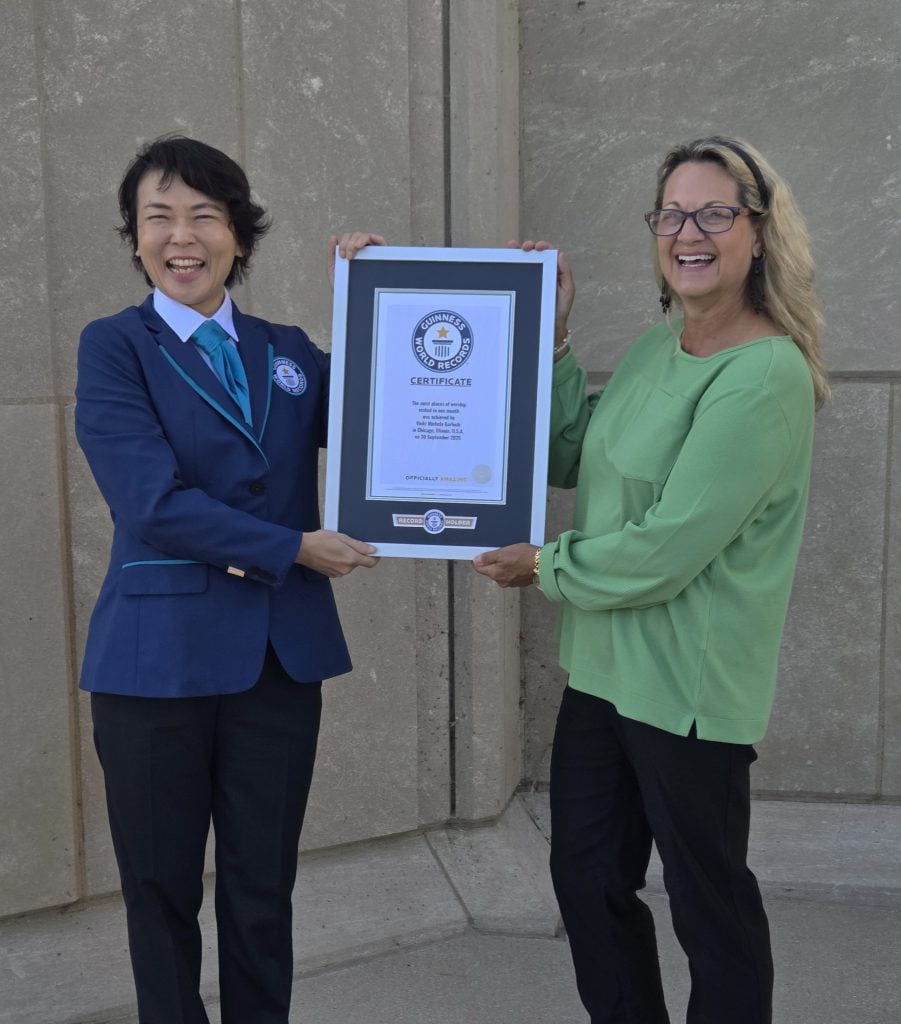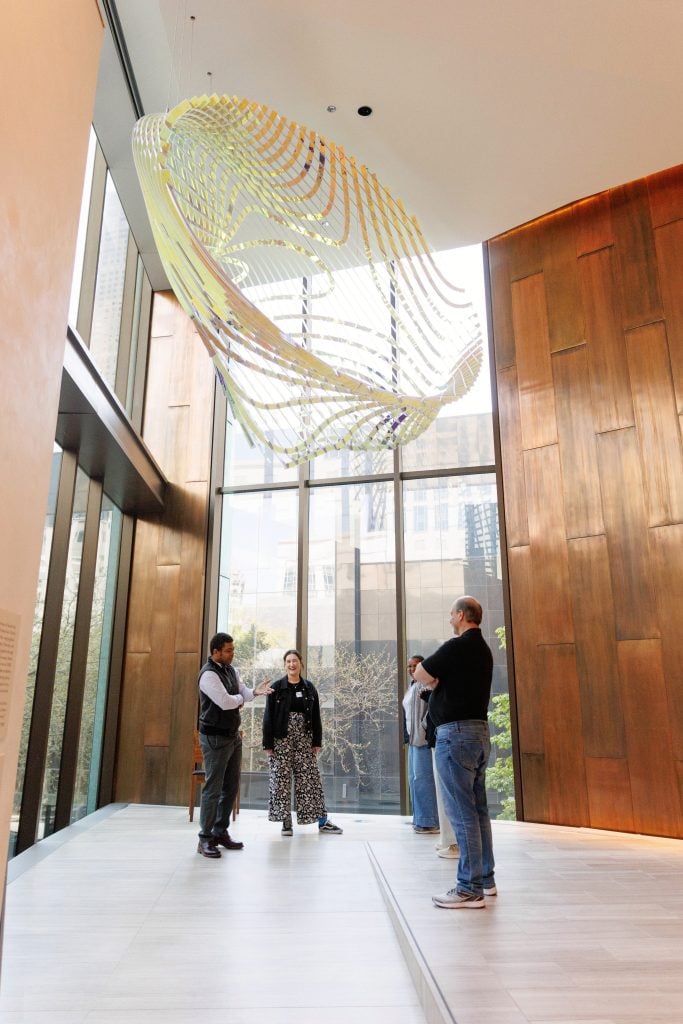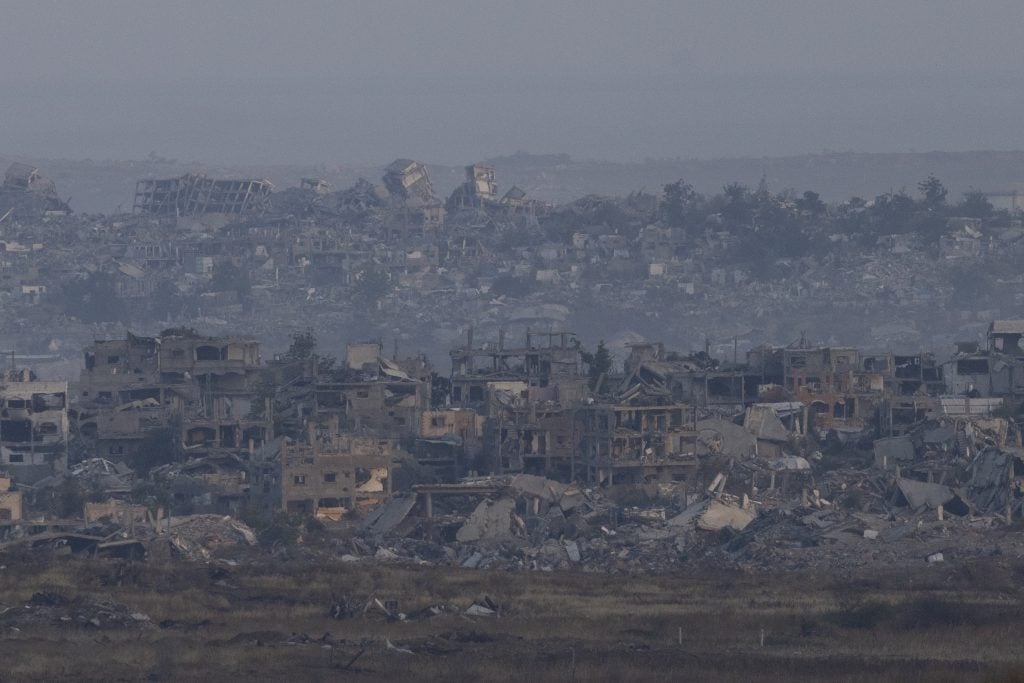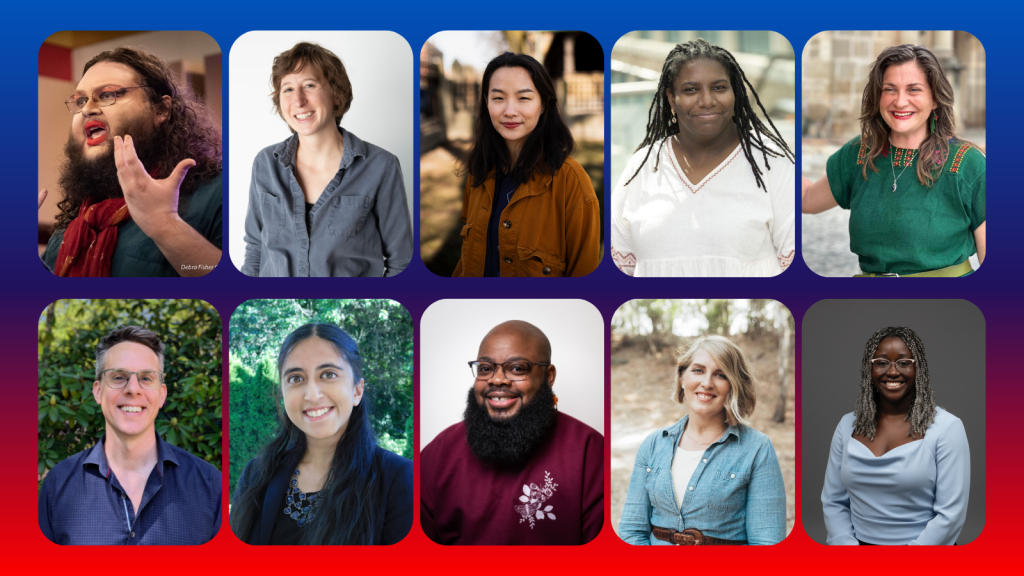Can Tarot Predict the Future? What We Can Learn From Black Divination
February 22, 2021
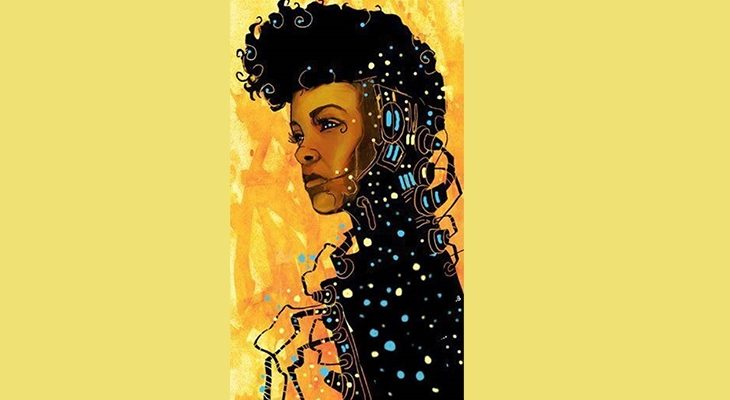
Do a quick Google or YouTube search for tarot, and you’ll find the two main things people tend to inquire about are love and money.
Underlying these inquiries is a belief that a tarot reading can tell the future, which begs the question of whether or not tarot can actually be a predictive tool.
Now, as a reader who uses tarot as a tool for spiritual reflection, rather than fortune telling, my early impulses were to quickly reframe tarot as a mirror rather than a predictive tool. But, now after a few more years of reading, I actually offer a bit more of a blunt answer.
Yes. I actually do believe that tarot can tell us our futures.
Read more: A Tarot Love Reading for Yourself this Valentine’s Day
For instance, I am currently spending my third year renting a house which I find beautiful. Prior to moving in I used a simple “yes or no” three card spread to see if I should move here. To my surprise, the top card, and therefore most important, came up in the ‘yes’ position (upright), but the remaining two cards came up in reverse, signaling problems and difficulties. In particular I noted the Two of Pentacles in reverse. This card depicted a jester figure playfully jugging two coins, while a ship rode unsteadily on turbulent waters in the background. The card speaks to an imbalance, or “juggling” multiple responsibilities.
In short, the cards told me a coy, “yes, move in, but there will be problems.”
Being the optimist I am, I did. And have since discovered that the house has major infrastructural issues that have led to endless annoyances. To visitors, my place looks great, inwardly, I debate whether or not my landlord is a secret slumlord.
A simple example, but in reading for myself and others, the tarot cards have hinted towards new or severed relationships, new jobs, and even travel. Whether or not you want to call these synchronicities, divination, or coincidentences is up to your own spiritual beliefs. But what is true, is that a tarot reading can and will often point to events that will eventually happen.
Undoubtedly this is valuable information to anyone interested in knowing their future. However, I believe the ability of the cards to “predict” anything is actually inconsequential, because I actually don’t believe the future is fixed. The very act of showing up to the cards themselves changes possible outcomes. What did it mean for me to know in advance that my house might have issues? What if I had heeded the cards from a more negative viewpoint and opted to find another place? And of course, what remains in all of these outcomes was the choice that was still mine to make.
Ultimately, I believe that we are always co-creating our futures with the divine, and so any “prediction” is merely just a reflection of how we’re currently constructing our realities. Divination, I believe, can be likened to a spiritual weather report. You can know that rain is coming, it’s up to you to grab the umbrella or stay inside.
This is less sexy because it puts the onus back on us to be adults and do our own work. I imagine that when most people look to know of love or money in their future, they are looking for answers. They are looking for safety. But the real power of a reading is to help you envision outcomes for yourself and then take choices based on those outcomes.
The question is not so much what is my future? But rather what do I do with my future? What is the future for? One might argue that even being obsessed with predicting the future is a form of existential privilege, for one, it takes for granted the idea you have a future to begin with. There are people in this world, namely people of color and those with other marginalized identities, who benefit not from knowing the future, but rather having a decisive role in shaping it. Divination is perhaps better served as a tool that helps us contend with the present by allowing us to imagine a future worth living for.
In particular, this is how Black communities have historically used divination in this country. In contrast to the often trivial obsessions of what scholars and mystics Jade T. Perry and Teresa Mateus call the (“White-Centered Spirituality Complex”). Black people have often used spiritual practices for liberation from their present circumstances, and have done tremendous labor to envision and create a future where we actually exist.
For Black people, the future has never been promised. As Audre Lorde says, “we were never meant to survive.”
While not new, the idea of constructing our futures has been beautifully embodied in the notion of Afrofuturism, the theoretical underpinning that has not only given rise to countless wonderful pieces of art, like Black Panther, but also the idea of Black Futures Month. There are also notable tarot decks, like Jessi Jumanji’s Afro-Tarot Deck and Kendrick Daye’s upcoming Black Queer Tarot that encaspsulate the liberating visions of Black people. Form as function, the act of recreating tarot decks with Black faces is an ontological intervention. We exist in the cosmos. We exist in spirit. We exist in the future. We exist now.
Instead of just a cheap trick to find out if the person you’re currently dating is “the one,” (no judgement) I like the idea of tarot being a technology that allows Black people to envision and engage with our own futures at the micro and macro scale, and then course-correct if need be. It is powerful for Black people, a people with whom so much of our past and present is still rife with oppression, to sit with the tarot and ask questions of the future. It is an exercise in our own humanity. Much of this country’s past and present has revealed that having a future is a human right that is often denied. Note that the Black Lives Matter movement is an existential dilemma. One way we can reclaim the significance of our lives is to sit with tools that remind us that we will be here another day, another universe, another reality.
Tarot can predict the future, it also reminds us that we deserve futures in the first place.
Aaron Talley is a writer, activist, and educator who teaches middle school on Chicago’s south side, and a 2020 Interfaith America Racial Equity Fellow. You can connect with Aaron Talley on Twitter and Instagram @talley_marked, follow his IG tarot page on @tarot.forteachers, and read more of his work on his blog Newer Negroes.
This is the third installment in Talley’s series inspired by Tarot. Read the entire series here: Tarot, a Faith That Has Room for You and I’m Grateful the Death Card Does Not Mean Death.
Share
Related Articles
Civic Life
Everyday Pluralism
Civic Life
Immigrant Faith Communities On Rooting Out Anti-Black Racism
